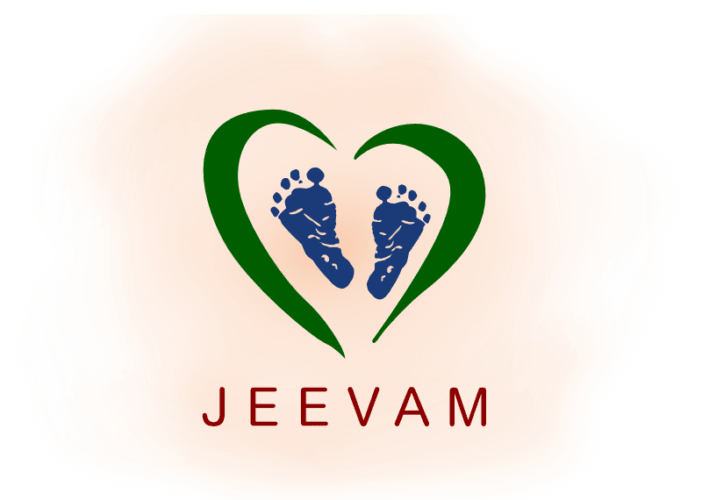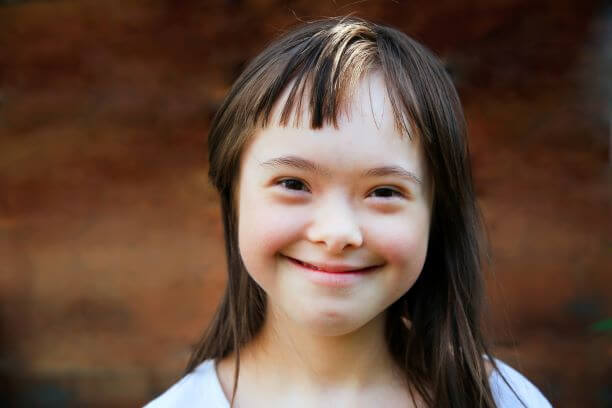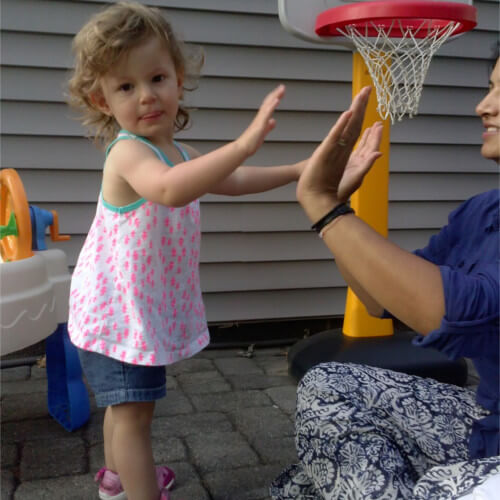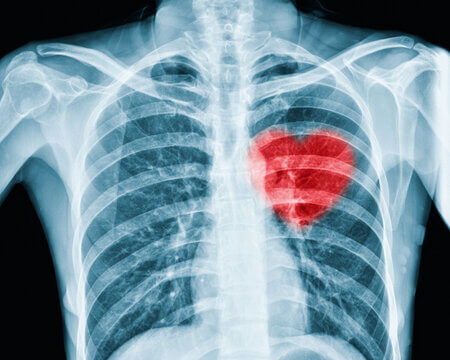March 21st, 2021 is World Down Syndrome Day (WDSD)
It’s known that children born with trisomy 21, also commonly known as “Down Syndrome”, have certain distinct facial features, overall hypotonia (floppy or rag doll-like muscle tone), and intellectual disability (ID) or learning disability. It used to be a common perception that if a person was born with Trisomy-21 would live very short lives, and would be unable to participate in normal day-to-day activities, such as attending school or holding their own job. Hypotonia is most marked at birth, affecting gait and ligamentous laxity. In addition to the above, a variety of medical comorbidities including sleep-apnea, congenital heart defects, abnormal thyroid metabolism, and behavioral disturbances.
The outlook has been vastly changing over the years. In fact, there have been many advances in modern science & medicine, positive changes in peoples’ perception of Trisomy 21, and more opportunities afforded to both caregivers and individuals with this condition as well.
Changing the Portrayal
It is time for people to start shifting their depictions of Trisomy 21 from what they have consistently seen to what is not displayed as frequently. As explained, those with the syndrome are hugely underestimated for their abilities. The stereotype is that they are not capable of the same as artists, athletes, etc that do not have any chromosomal conditions, which has been proven extremely incorrect. 
Hema Ramaswamy, a young Indian-American girl with Trisomy 21 spent a lot of her life learning and perfecting the beautiful dance of Bharatnatyam. Once your learning is complete, there is a graduation of the dance, also known as an Arengetram. Hema beautifully performed this 2 hour and 30-minute performance in front of a large audience. Completing the full circle of this art of dance is difficult, it takes years, and many fail to make it.

Isabella Tejada, another young woman with Trisomy 21 went on to showcase her fashion designs at London Fashion week. Not only was this alone a tremendous accomplishment, but on top of that, she also made an appearance on BBC’s top 100 womens list, in 2016. She explained how she never felt as if she was any different than other people- she was the same, just had an extra chromosome.

Sujeet Desai, a very intelligent man who mastered seven different instruments at a young age. Many people fail to learn just one instrument, while Sujeet achieved the skills of the Bb and Bass Clarinet, Saxophone, violin, piano, trumpet, and drums. He has performed in almost every state in the United States, and even at the prestigious Carnegie Hall.
These are just a few world-famous examples of the countless number of people with Trisomy 21 who made a large impact on society with their talent. They have proven that they should not be underestimated. It is always preached that anyone can do anything, as long as they put their mind to it- this saying should exclude no one.
Children with Trisomy 21 in Physical Therapy
Children born with Trisomy-21 have hypotonia, Physical Therapy treatment can start as early as after the baby comes home from the hospital. Those babies are usually slightly delayed in their developmental milestones. However, most babies with Trisomy-21 respond to therapy very well and develop as typical as all others. Sometimes babies upto 3years of age will exhibit mild tendencies of scoliosis, in most cases by the time they start school it’s corrected. Some children can be so flexible they become proficient in gymnastics, music and dance.
It is spread that children with Trisomy 21 can have mild to moderate learning difficulties, however, this idea of “intellect” only fits a scale that was wrongly created by society. These children have proven to have the intelligence as well as ability to do anything that a child who does not have Trisomy 21 would be capable of. All Children need to be taught to be confident from a young age, and early intervention is one resource to help children who do have Trisomy 21, reach their full potential.
Physical Therapists work with these children to help them build their muscle strength. They teach them balance, and coordination. Working on these skills helps provide education in a way to obtain full development.
There are many ignorant rumors or stereotypes that say having Trisomy 21 takes away a child’s ability to walk or play team sports. This was proven wrong by Global Down Syndrome’s website, “An inability to walk is not a characteristic of Trisomy 21. However, getting early physical therapy to ensure proper walking is important and builds the foundation for sports aptitude.”
Adults with Trisomy 21
Similar to children with this condition, adults with Trisomy-21 are still capable of leading fulfilling lives. Many people believe that individuals with Trisomy-21 are unable to finish high school, much less continue on to secondary education such as a university or tech school. This is far from the truth. Many adults with Trisomy-21 are fully capable of working alongside other professionals in their community, even if they require a more structured environment and/or supervision.
Another false belief is that all adults with Trisomy-21 are incapable of living on their own, going to school, or holding down steady jobs. Global T21’’s site states “More opportunities are available for education and employment today than ever before. Anecdotally, we know that people with Down syndrome can be excellent employees and some employers have reported a higher satisfaction level among ALL workers when they have co-workers who have Down syndrome.”
The list of misconceptions and myths to be debunked about this syndrome goes on and on, but the key takeaway here is that individuals with Trisomy-21 are just like you and me. They want to enjoy their lives, do things that make them happy, and be around people who acknowledge and appreciate them for who they are.
Physical Therapy & Trisomy 21
Therapy is almost always a given for children and adults with Trisomy-21. By empowering students with more physical skills, they become better able to master normal daily activities and attain more independence.
Jeevam Therapy’s physical therapy treatments can help a child with Trisomy-21 to improve self-care skills, fine and gross motor skills, and play/leisure activities. Our therapeutic treatment methods can also help adults with Down syndrome to improve muscle motor patterns, so work and daily life activities can be completed with more skill and accuracy. In addition, any problems with walking, sitting, standing, balance, and more can be addressed as well.
To learn more about getting involved with Trisomy-21 support groups or how physical therapy can help someone with this condition in your life, contact us today.
http://www.Worlddownsyndromeday.org
Tags: health, physical therapy, health and wellness, healthy tips, down syndrome




